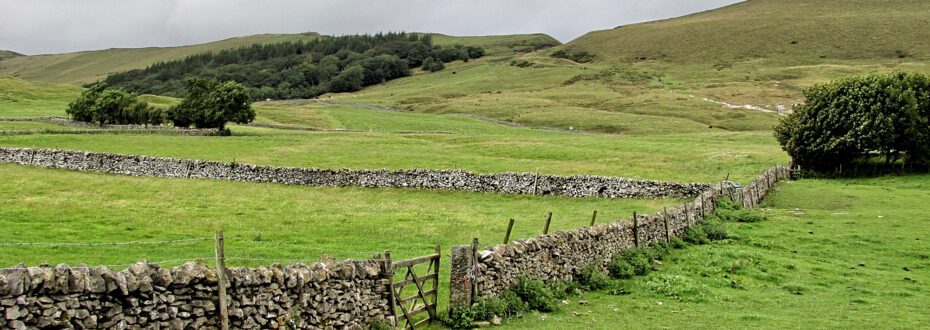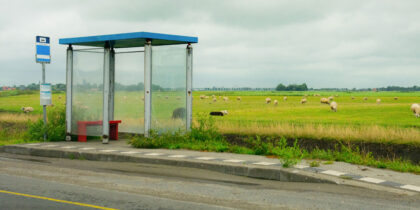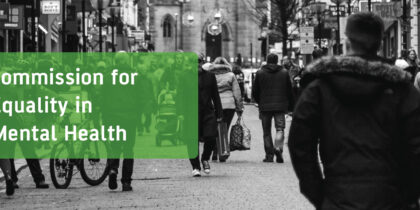Those of us living with a mental health condition (be it diagnosed or undiagnosed) can often feel marginalised or ‘invisible’, and for those living in rural and remote communities this can mean feeling even more invisible.
Research has shown that 1 in 4 adults and 1 in 6 children experience mental illness. A significant proportion of the UK population live in rural areas. In England alone, over 50% of the resident population live in predominantly rural areas. Of those living in rural and remote communities, many will have limited access to mental health support, due to lack of facilities and other factors, such as little or no regular public transport. Indeed, research from Centre for Mental Health recently highlighted the impact that living in rural areas can have on children’s mental health.
people living in rural and remote areas face longer distances to travel to mental health services
Living in rural and remote areas often means people can feel socially isolated. This can contribute to stress, anxiety and depression which can have a detrimental effect on people’s mental health and wellbeing. Those in rural areas seem to be less likely to seek help in comparison to their urban counterparts. Why is this?
Funding for mental health tends to be focused on crisis intervention and service planning is often ‘according to need’ i.e. where there are higher percentages of those registered with serious mental illnesses (in urban areas). This can mean people living in rural and remote areas face longer distances to travel to mental health services. Rural Mental Health Matters (RMHM) found that the perception is, if people do not ‘see’ services in their community, they believe they are non-existent. This has led to a culture of self-reliance and stoicism towards mental health issues which can prevent people from seeking support earlier, instead only seeking support when they have already reached ‘crisis’ stage. Some rural occupations, such as farming, have significantly higher suicide rates.
people needed to connect before a crisis occurs, and services needed to be more local… [with] a shorter wait and earlier access to information
Prior to the formation of RMHM a campaign called Save Our Mental Health was set up in rural North Dorset. It soon became clear that North Dorset was not the only area facing rural mental health inequality; it is a national issue. Key responses from the campaign were that people needed to connect before a crisis occurs, and that services needed to be more local, closer to people’s homes to include mobile/outreach. They also want a shorter wait and earlier access to information. Therefore, it is apparent early intervention is key.
Above all, we need to change perceptions and to break the silence and stigma surrounding mental health. RMHM want to help prevent people from getting to the ‘desperate’ stage, to make sure people know that help is around and they don’t have to face their illness alone just because of where they live.
Rural Mental Health Matters is a social enterprise specialising in research and early intervention, focused on tackling mental health inequality in rural and remote communities. They are looking to work collaboratively with like-minded organisations and individuals. To find out more, please get in touch.







